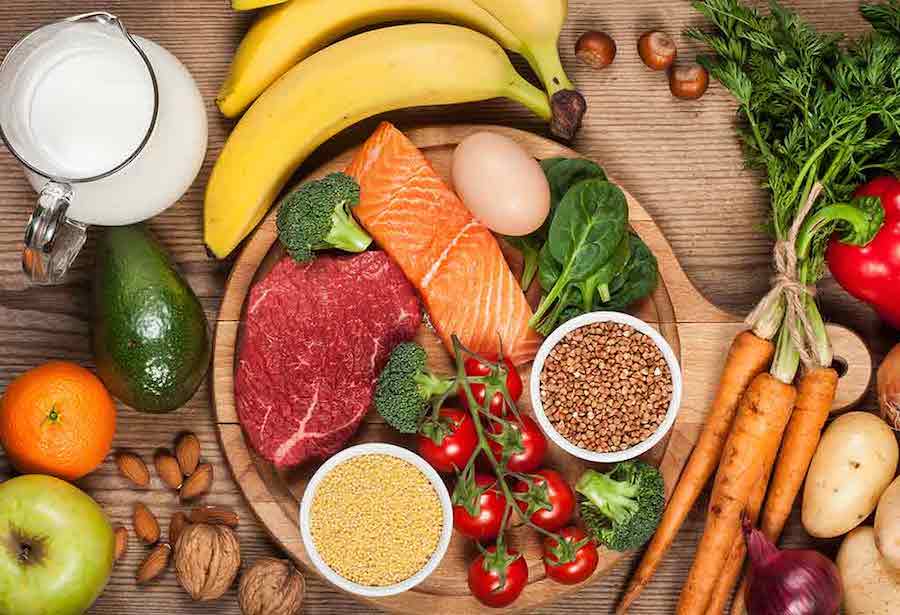
In our fast-paced world, it’s easy to overlook the significance of proper nutrition and its impact on digestive health. However, maintaining a balanced diet is not only essential for overall well-being but also plays a crucial role in promoting optimal digestive health. By fueling our bodies with the right nutrients, we can support a healthy gut and ward off various digestive disorders. In this article, we will explore the importance of a balanced diet and how it positively affects our digestive system.
The old adage, “You are what you eat,” holds true when it comes to digestive health. The food we consume serves as the building blocks for our body’s cells, tissues, and organs, including the digestive system. A balanced diet, rich in essential nutrients such as vitamins, minerals, fiber, and macronutrients, provides the necessary fuel and support for proper digestion and absorption of nutrients. Conversely, a poor diet lacking in vital nutrients can lead to digestive issues, such as constipation, diarrhea, and nutrient deficiencies.
One crucial component of a balanced diet that significantly influences digestive health is dietary fiber. Found in fruits, vegetables, whole grains, and legumes, fiber plays a vital role in maintaining regular bowel movements and preventing constipation. Additionally, fiber acts as a prebiotic, providing nourishment for the beneficial bacteria in our gut, thus promoting a healthy gut microbiome. A well-nourished gut microbiome supports proper digestion, nutrient absorption, and even influences our immune system.
To optimize digestive health, it is essential to incorporate nutrient-rich foods into our daily diet. Include a variety of fruits and vegetables, which are packed with vitamins, minerals, and antioxidants that help protect the digestive system from damage caused by free radicals. Whole grains, such as brown rice and whole wheat bread, provide dietary fiber, while lean proteins like poultry, fish, and beans offer essential amino acids necessary for muscle repair and overall digestive function. Additionally, healthy fats found in avocados, nuts, and olive oil can reduce inflammation in the gut and improve nutrient absorption.
Proper hydration is often overlooked but plays a vital role in maintaining healthy digestion. Water helps soften stools, preventing constipation, and supports the efficient transport of nutrients throughout the body. Aim to drink an adequate amount of water throughout the day, and consider incorporating hydrating foods like watermelon, cucumbers, and leafy greens into your diet. Limit or avoid excessive consumption of sugary beverages and alcohol, as they can contribute to dehydration and digestive discomfort.
Nourishing your body with a balanced diet is the cornerstone of digestive health. By incorporating a variety of nutrient-rich foods, particularly those high in fiber, vitamins, and minerals, you can support a healthy gut microbiome, maintain regular bowel movements, and reduce the risk of digestive disorders. Remember to stay properly hydrated and make conscious choices that prioritize your digestive well-being. A well-nourished digestive system will not only enhance your overall health but also provide you with the energy and vitality to lead a fulfilling life.